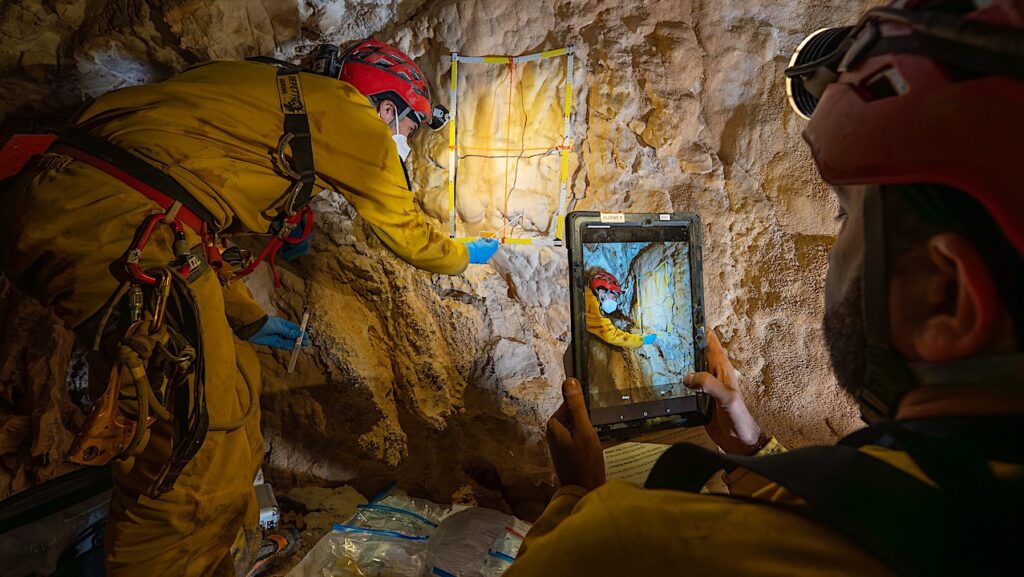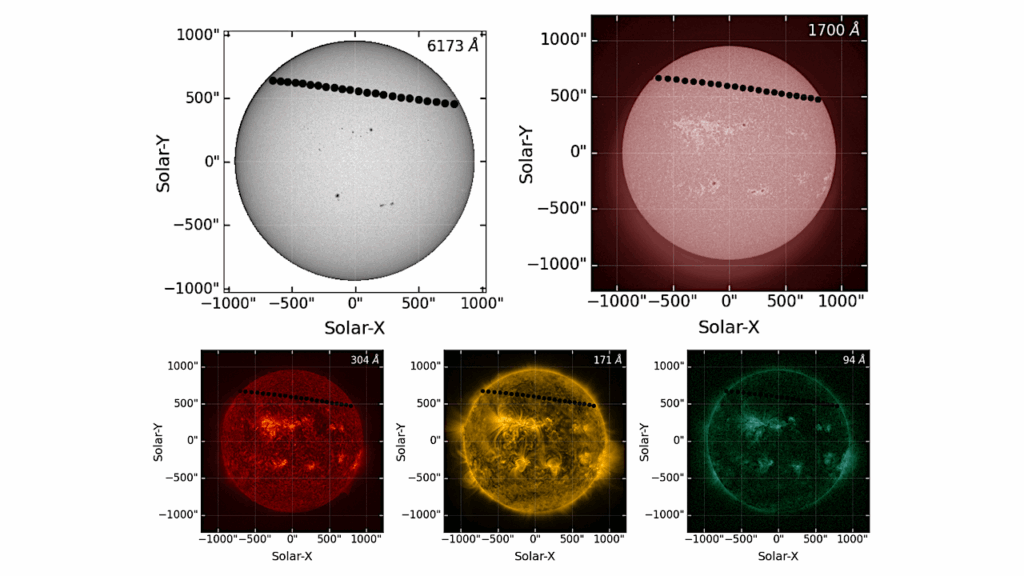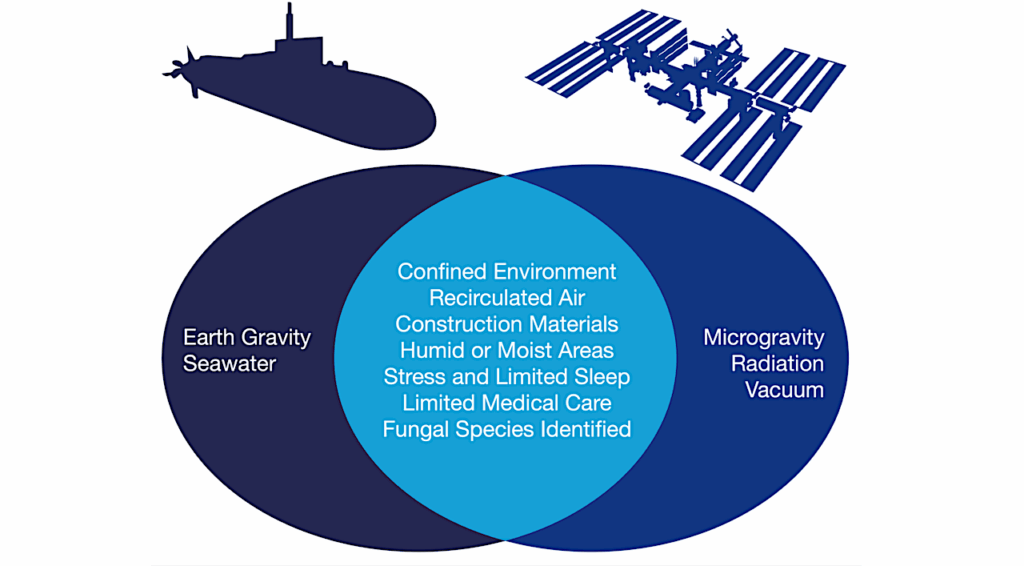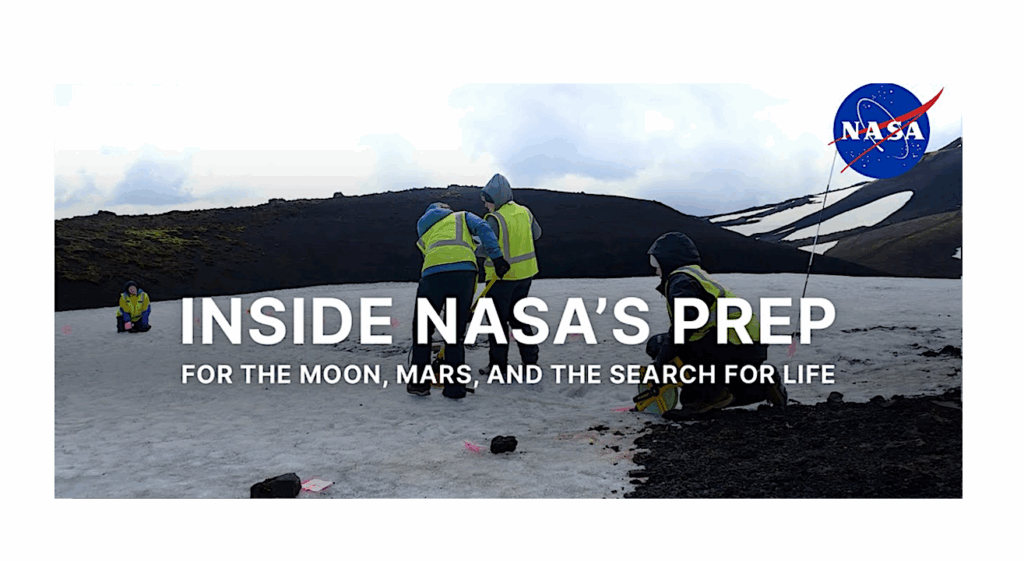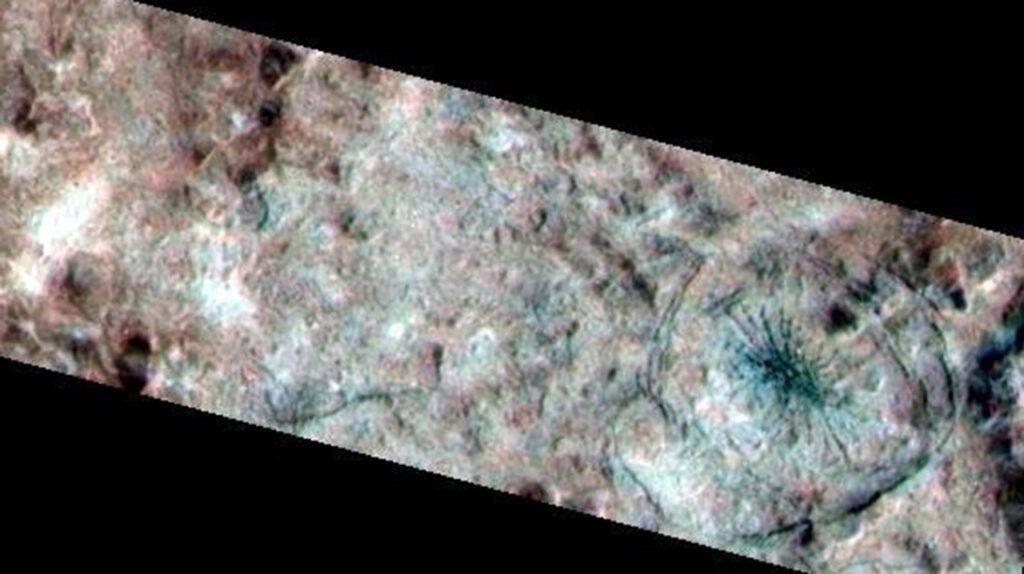Thriving in Space: Ensuring the Future of Biological and Physical Sciences Research: A Decadal Survey for 2023-2032

If the U.S. is to continue to lead in space exploration and reap the benefits it brings to society, the nation must substantially increase its investment in NASA’s Division of Biological and Physical Sciences (BPS) and associated research, infrastructure, and workforce, says a new decadal survey from the National Academies of Sciences, Engineering, and Medicine. The report lays out the key scientific challenges facing NASA, its Artemis program, and other exploration and scientific goals, and presents a blueprint to advance the science needed in the coming decade.
The report says a new era of space exploration and space-based discovery is beginning, with the U.S. seeking to return to the moon and put humans on Mars for the first time. This era is marked by international efforts and a level of public interest not seen since the Apollo era. Especially notable is a large and continually expanding commercial launch capacity, especially in low Earth orbit, and planned commercial space stations. In this burgeoning space environment, NASA will play a leading role, but one different from previous eras. NASA will increasingly partner with other government space agencies and commercial entities supporting exploration and development, the report says. The success of NASA and the U.S. space industry will depend on their ability to effectively address the wide range of scientific issues that must be overcome, not only to explore space safely and responsibly ― over ever-increasing durations and distances from Earth ― but also to address vital research questions that can be done only in space environments.
Biological and physical sciences deal with foundational areas of scientific research that enable human life in space ― including critical issues around space radiation, fire suppression, power generation, and navigation ― and that drive innovation on Earth. Past research has had broad impacts, leading to the development of unique materials, advancing our understanding of human aging and musculoskeletal health, changing our understanding of the universe’s physical nature, and providing insights into plant, animal, and microbial health. Future advances could help grow food in space, manufacture materials from lunar and Martian resources, and reduce the health risks of extended space exploration.
Thriving in Space ― Ensuring the Future of Biological and Physical Sciences Research: A Decadal Survey for 2023-2032 finds the BPS program is severely underfunded relative to the scientific questions it is being asked to address and has the least funding of all the divisions within NASA’s Science Mission Directorate. The lack of sufficient funding slows scientific progress when it should be speeding up to keep pace with the growth in space exploration and development. Additionally, it threatens the nation’s ability to build and sustain talent that can compete and collaborate in space-based scientific research and technology development. The report recommends that the total BPS science budget be increased by a factor of 10 before the end of the decade to maintain the kind of robust and resilient program necessary to meet the nation’s space exploration science needs, and to allow BPS to compete and collaborate internationally.
“Research in the space environment has taken remarkable steps over the last decade, but NASA, the rest of the U.S. government, and the wider space community globally have bold exploration plans that require commensurate investments in biological and physical science research,” said Krystyn Van Vliet, co-chair of the report’s steering committee and professor of engineering and vice president for research and innovation at Cornell University. “Investing in fundamental discovery and technology innovation will enable the U.S. to make transformative advances in space, from sustaining deep-space missions and lunar habitats to discovering the origin of dark matter — and on Earth, helping to tackle challenges related to the impacts of climate change and population growth.”
The recommendations by the steering committee for the decadal survey draw on the scientific community through input papers submitted by researchers, the advice of three panels of experts, invited speakers, early career sessions, and other outreach activities.
Priority Science to Support Moon to Mars Missions
The report lays out 11 key scientific questions that span three cross-cutting themes. Answering these questions should form the core science program focus of the BPS and drive its resource allocation over the coming decade. Among the priority issues to explore, for example, are questions about how genetics and life history influence acclimation to the space environment, and what the effects of space are on growth, development, and reproduction over multiple generations.
“Sustained human exploration beyond low Earth orbit presents science objectives and challenges we haven’t yet completed or in some cases even approached through the era of the International Space Station ― crews will spend more time beyond low Earth orbit, in transit, and while living and working in lunar or Martian stations,” said steering committee co-chair Robert Ferl, professor and assistant vice president of research at the University of Florida. “NASA should work to take advantage of the profusion of research capabilities from academia and through commercial space platforms to tackle these new challenges and ensure BPS can continue meeting the science needs of the nation.”
NASA should also pursue dedicated research campaigns over the next decade to make major and transformative scientific contributions and advance understanding in the key areas identified in the report. Two research campaigns are of high priority and should be funded through an increase in the BPS budget:
Bioregenerative Life Support Systems (BliSS) ― to enable building fully functional biological support systems to sustain exploration of deep space for durations longer than three years, including systems to produce food, recycle water, renew air, process waste, and create critical materials, and systems to harness the beneficial properties of plants and microbes to enable humans to live in space without resupply from Earth. Research in this area also has promise in helping to solve food issues on Earth posed by climate change or extreme environments.
Manufacturing mATerRIals and proCEsses for Sustainability in space (MATRICES) ― to develop a sustainable ecosystem that allows materials and devices to have circular life cycles, reducing resource use and waste in space. Research into closed-loop material cycles, advanced manufacturing techniques, and reprocessing of materials would benefit sustainability efforts in the expected space ecosystem as well as benefiting Earth-based processing and products.
The report presents two other initiatives NASA should seek to develop: exploring the science of gravitational fields and space-time and researching the combined effects of radiation and microgravity on different life forms.
Research Platforms
Biological and physical sciences in space research currently utilize a range of platforms, from drop towers, balloons, and ground-based laboratories to suborbital vehicles, the International Space Station (ISS), and other space-based platforms. The report says the BPS should maintain its foundational approach to the science with a strong program using a variety of platforms, noting that the ISS in particular has fostered a wealth of research in recent years.
With the anticipated sunsetting of the ISS in 2030, NASA will have to make adjustments to foster the new space ecosystem and enable the BPS and its community to continue carrying out valuable research and experiments, the report says. Private sector development of biological and physical sciences research platforms can advance national priorities, but NASA’s investments and leadership will remain critical. NASA should work with other agencies to establish an office or mechanism for commercial sponsorship and collaboration with government research agencies and academia. Work on science questions identified in the report would benefit from access to multiple platforms, so the BPS should also coordinate funding opportunities with NASA’s Space Technology Mission Directorate to ensure efficient access to spaceflight and related platforms.
Open Science and Broad Participation
The report emphasizes the value of open science, and says FAIR (findable, accessible, interoperable, reusable) access principles and curated databases and physical repositories — which allow for project data and artifacts to have extended use and impacts — are an important part of open science. NASA should continue and expand its long-term investments in maintaining, updating, and improving repositories and shared computational infrastructure.
Ensuring broad access and participation in the field is essential to achieving excellence. The BPS program and its community are increasingly inclusive ― most notably with increased number and prominence of women into the field over the past decade. However, the report says, much work remains in widening the BPS talent pipeline. BPS must compete with other fields to attract and retain limited STEM talent, which it can do in part by addressing pressing scientific questions that will have wide-ranging, positive impacts on society. NASA should ensure that diversity, equity, inclusion, and accessibility are embedded in the pursuit of the nation’s space exploration science priorities. For example, the report recommends instituting a requirement to document progress in broadening representation of lived experience among sponsored research teams.
Public Trust and Global Cooperation
Space exploration in the next decade will be undertaken in a landscape of conflicting national and corporate interests and growing legal complexities, with private space entrepreneurship expected to expand, and more countries likely to launch space agencies to join the over 70 currently in existence, the report notes. Though governed by international treaties and the emerging field of space law, abilities to enforce compliance are currently limited, and ethical conduct in space will depend on international cooperation, mutual respect, and dialogue over shared values.
It is critical that the BPS, and NASA generally, works to increase public trust and ensure that space exploration proceeds in a transparent manner where benefits are shared. Public engagement is needed on potentially controversial matters such as the use of animals in space research, the environmental consequences of low Earth orbit satellites and associated space debris, and alteration of habitats on other planets through natural resource extraction.
The report includes a range of other findings and recommendations aimed at ensuring a strong and resilient research enterprise that can support U.S. space exploration and international collaboration efforts and provide terrestrial benefits.
The study — undertaken by the Committee on Biological and Physical Sciences Research in Space 2023-2032 — was sponsored by NASA. The National Academies of Sciences, Engineering, and Medicine are private, nonprofit institutions that provide independent, objective analysis and advice to the nation to solve complex problems and inform public policy decisions related to science, engineering, and medicine. They operate under an 1863 congressional charter to the National Academy of Sciences, signed by President Lincoln.
Astrobiology, Space Biology, Space Medicine,



